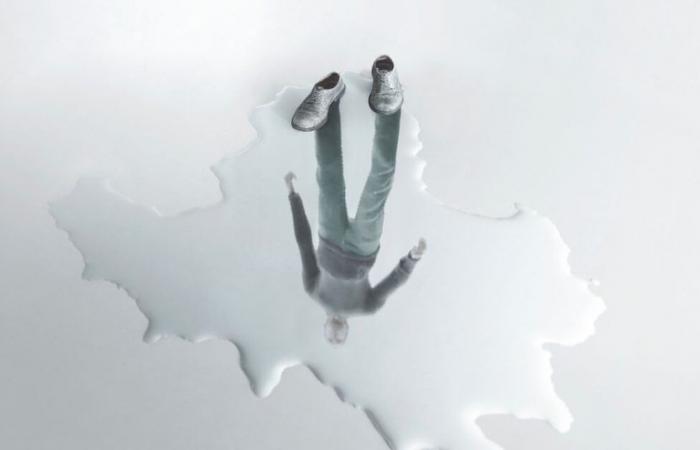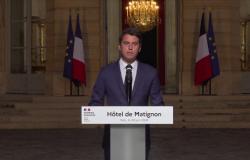Candidates for the specialized baccalaureate in Humanities, Literature, Philosophy (HLP) had to deal with a magnificent philosophical subject this year: “Can we lose our humanity? »
We asked the philosopher Laurence Devillairs to address this question, in a free form. Here is his inspired reflection.
“How could we lose what defines us? How could man manage to not be human? The question seems to make no sense: losing one’s humanity is an impossibility. But, precisely, philosophy questions what seems impossible, barely thinkable. This is what makes his character both disturbing and visionary. What is disturbing in the present questioning is that humanity would not be a fixed and inalienable characteristic: we could lose it or regain it. The human would be a story – a tragedy perhaps.
Neither angel nor beast but constantly tempted by both, the human being is what can lack humanity. Either he swallows it by playing the beast, or he aspires to surpass it by playing the angel. In both cases, according to Pascalwhat we miss is this “fragile” “between two”in which humanity resides, and who “is the most fragile thing in the world” (Thoughts, 1670, ed. by Ph. Sellier, 2000, fragment 185). Humanity is neither an asset – obtained once and for all through education and civilization – nor a given – whether biological or cultural. So she could get lost. Or does it remain inalienable, even in what violates it? Because only humans can transform into beasts or angels. To make the choice of what constitutes it.
Isn’t cruelty the desire to reduce a being to a “beast”, below animality, or even to a thing? So what do we lose? Its freedom and its singularity, one being the condition of the other. Reduced to the rank of “beast”, we lose our dignity as a standing man, benefiting from a horizon beyond the present moment alone, and our capacity to confront, that is to say, to judge, to refuse or acquiesce. . The human being reduced to the state of an animal no longer has memory or a future; he lives within the narrow confines of survival. When both judgment and freedom are denied to him, man becomes a thing, without any end or even means, without interiority or will.
One thing doesn’t count. It can be broken, used and abused. What is then lost with humanity is the “personality” in the sense that Kant confers to this term, that is to say that of autonomy, of capacity to determine oneself, to will for oneself: “Personality, that is, freedom and independence from the mechanism of all nature” (Critique of practical reason, 1788). The executioner also loses this personality by refusing it to his victim. What dehumanizes is dehumanized. Because we are what we give ourselves as a principle of action, what we respect or offend. Humanity thus depends on good and evil, on the best and the worst of which humans are capable.
It cannot be a characteristic – biological or cultural – since it is a moral issue, the way we relate to what is right to do and wrong to let happen. From then on, humanity cannot lose itself as it is the absolute choice – from which nothing can exempt us, and from which nothing can excuse – that we make of ourselves and that we impose on others. It is thus, in the words of Primo Levi, “the distant possibility of goodness” for which it is worth “to remain human”even in the heart of barbarism, of the most extreme dehumanization (If it’s a man1947).
It may then be the beauty of things that reminds the human being of his humanity, or even the attention of an animal. This is what shows Emmanuel Levinas in a confusing text, where only a dog is a person: “There were seventy of us in a forestry commando for Israeli prisoners of war, in Nazi Germany […] the other men, called free, who passed us or who gave us work or orders or even a smile […] stripped us of our human skin. We were only a quasi-humanity, a bunch of monkeys” (Difficult Freedom1995).
What they had lost was not so much their humanity as the world, the fact of having relationships and an elsewhere to imagine, to relate to, for which to act: “We were no longer in the world.” But in this desert, this worldless existence, “filthy”a dog passes by: “We called him Bobby […] He would appear at morning gatherings and wait for us when we returned, hopping and barking happily. For him – it was indisputable – we were men.” Humanity can be refused or flouted, but it cannot be lost as long as there remains a being, a dog, to remind us that each of us is irreplaceable, a free and fragile “personality”. »
Expresso: interactive courses
Rousseau and nature
With Rousseau, reconcile yourself with human nature! Even if it means turning our back on the progress of civilization which, ultimately, distances us from ourselves.






